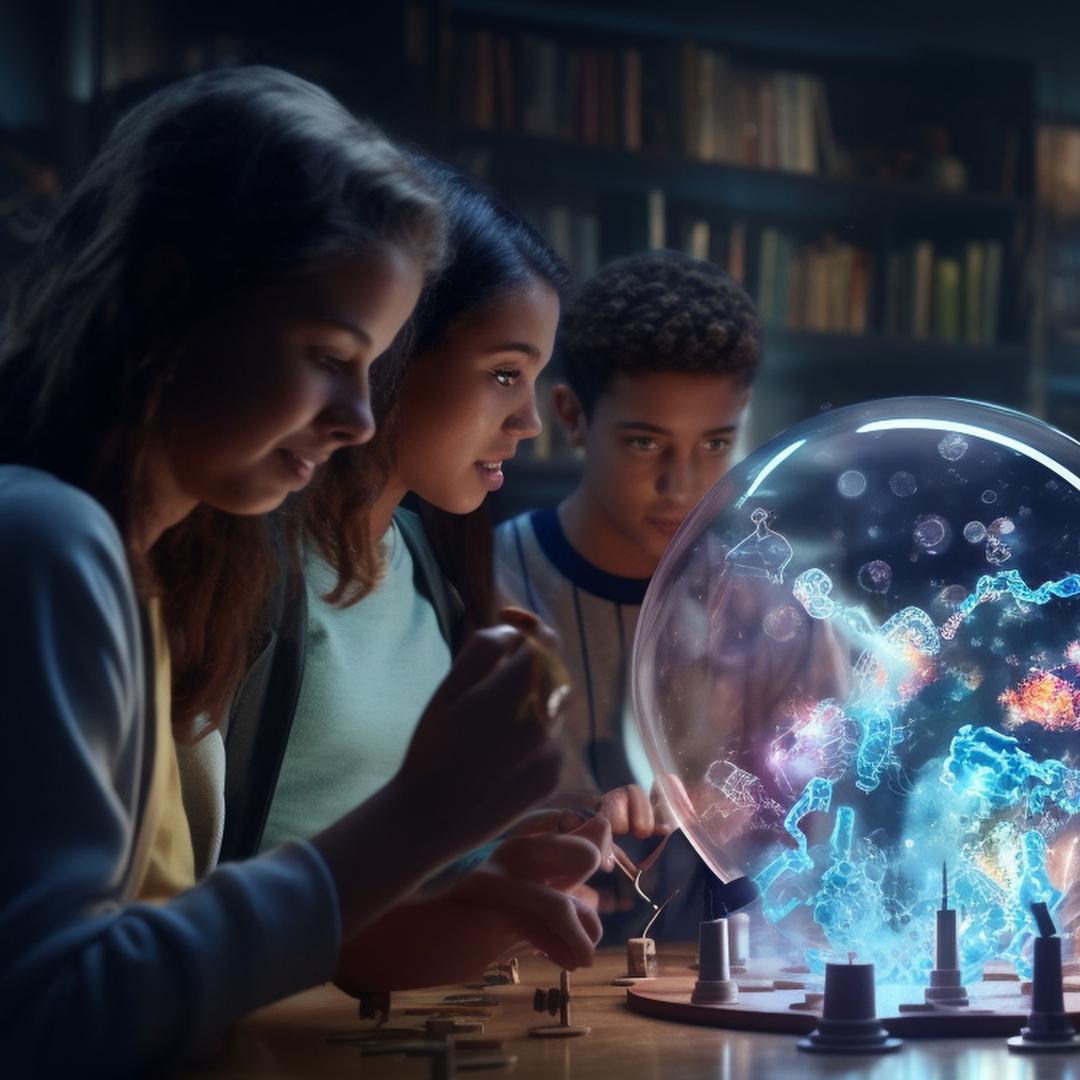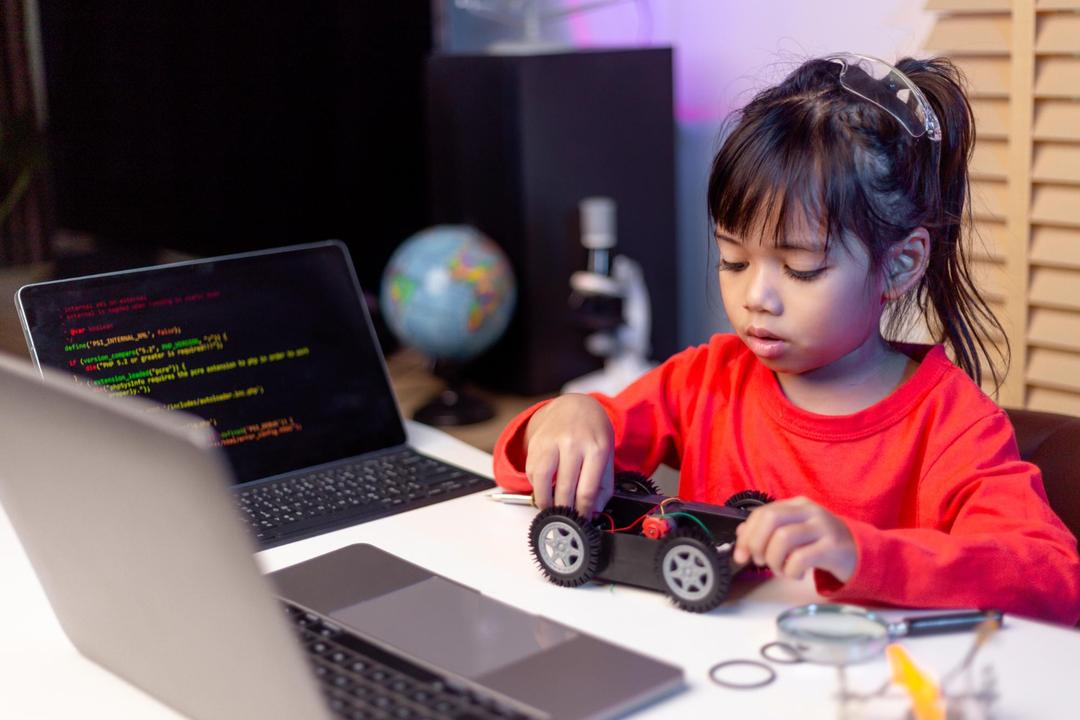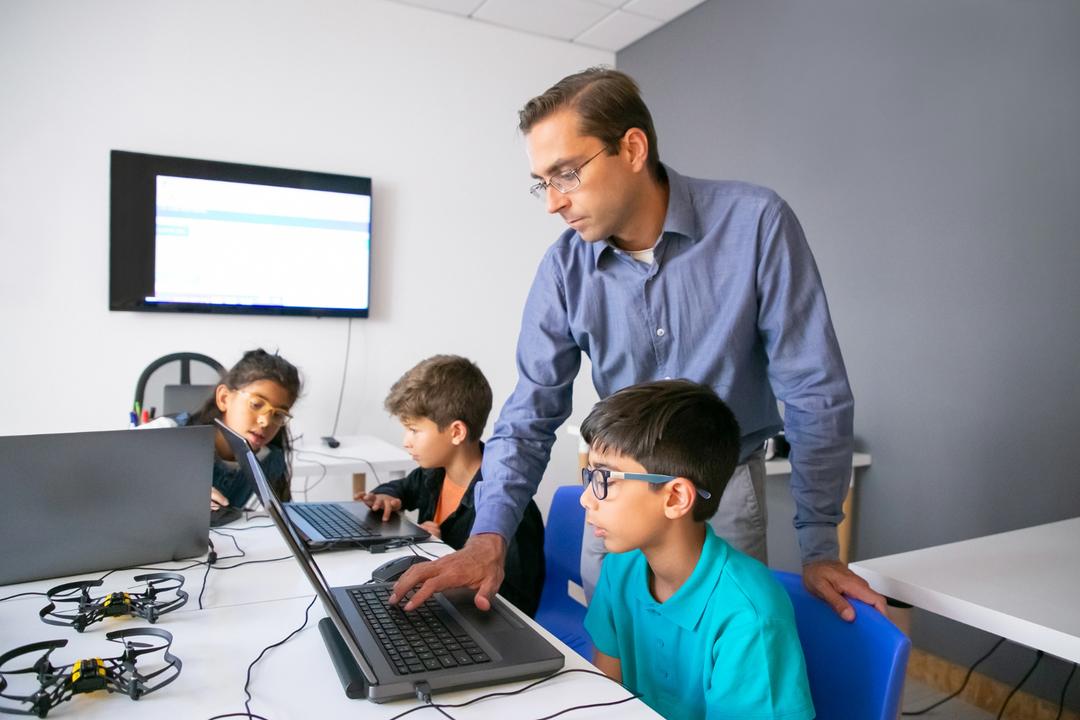Artificial intelligence (AI) has grown in popularity as its uses become more commonplace in our everyday lives. Then, what exactly is AI? Can kids pick it up? Is finding the right AI school important to you? If you're looking for comprehensive knowledge of artificial intelligence, look no further than YuviPep's tutorial offering AI courses for kids and more!
What Is Artificial Intelligence?
Artificial intelligence (AI) may immediately conjure up visions of science fiction, but the topic is really having an ever-increasing influence on our everyday lives. The purpose of our gathering is to shed light on the subject and talk about how important it is for the education of young children.
Artificial intelligence (AI) is the capacity of computers and other technologies to mimic human intelligence in areas like perception, learning, problem-solving, and decision-making. In order to learn to recognize patterns, forecast outcomes, and provide recommendations, AI algorithms are constantly fed massive volumes of data
Think back to the last time you used a chatbot for online customer service or Netflix's recommendation system. Unbeknownst to you, that is all artificial intelligence in progress!
For What Reasons Should Kids Study AI?
Children will likely be the ones most affected by artificial intelligence, says UNICEF. As with other highly sought-after technical abilities, such as data science, there is a practical justification for acquiring this knowledge. To increase their future employability and employment prospects in a tech-driven and quickly evolving environment, it is important to teach children about artificial intelligence (AI).
On the flip side, educating the next generation about AI is crucial since, subconsciously, it permeates every aspect of their lives. Young people are constantly exposed to technology and gadgets powered by artificial intelligence (AI), whether it's in video games or the virtual assistants they use at home. This may have an effect on kids' basic conceptions of intellect. Young children often have an inflated view of AI's capabilities based on their experiences with the technology. Thus, it is highly recommended to introduce children to AI - its principles, applications, and limitations - from a young age. This will help them develop critical thinking skills and equip them to be intelligent technology consumers.
Also Read : Kid-Friendly Programming Languages
When Should We Introduce AI to Kids?
It is possible to learn anything. Some think it's true even for students as young as three, who might be ready to begin basic, foundational research into artificial intelligence. Remember that children learn quickly and with a natural curiosity. Any student, regardless of age, can benefit greatly from studying artificial intelligence (AI) if taught with the correct methodology and given enough materials.
How Can My Kids Learn About AI?
As a "far away concept," artificial intelligence (AI) may leave you wondering how your children might begin to understand it. On the other hand, artificial intelligence is pervasive among today's youth. We should defer to their expertise on the matter.
Conclusion
With AI for kids, you could make kids learn and practice this technology. In conclusion, kids who will use AI in their life might take the biggest advantage of this technology because it simulates real-world operations.
Kids can gain hands-on experience with a greater range of disciplines and learn to think analytically, creatively and problem-solve by creating AI-driven websites and animations, looking into robotics, and learning about how these all fit together.
Either way, children should learn something about AI in school and learn how to get a job in the future.







